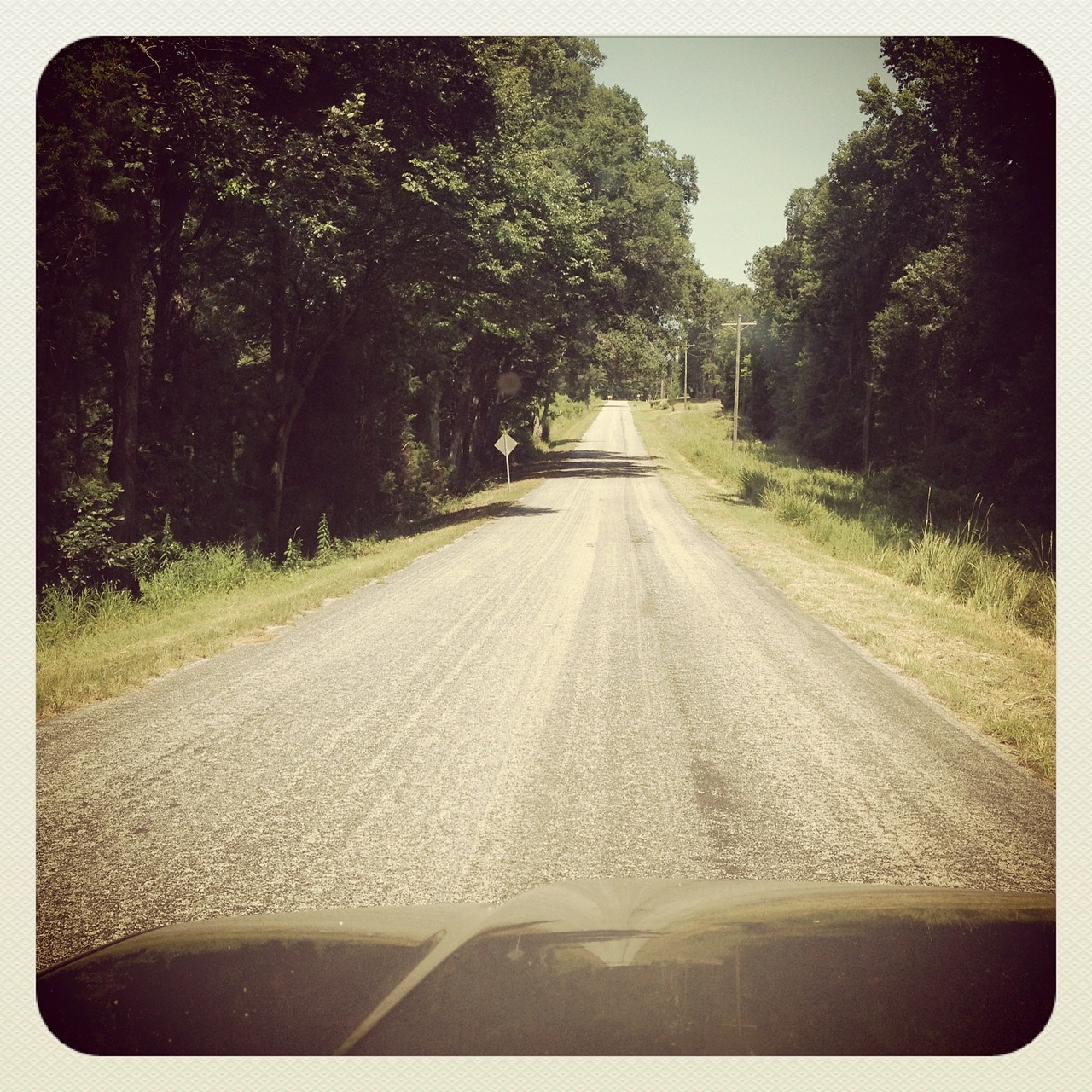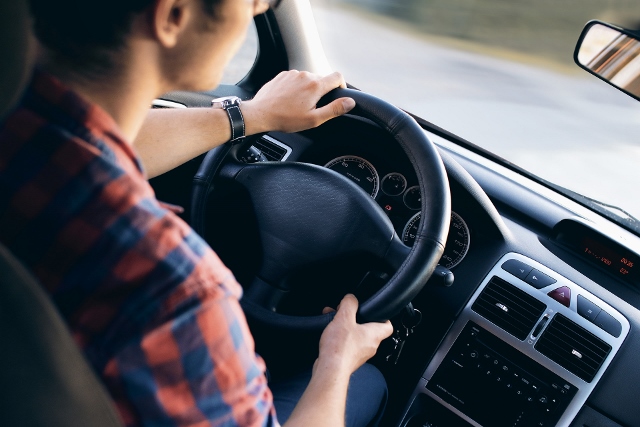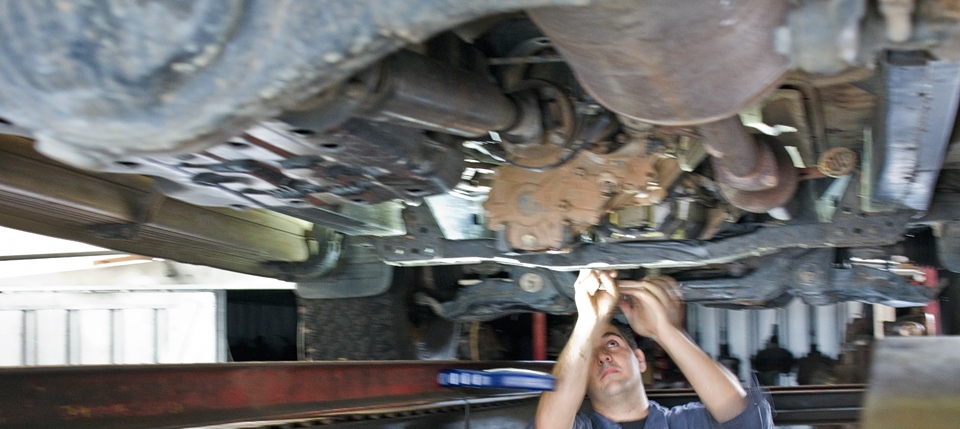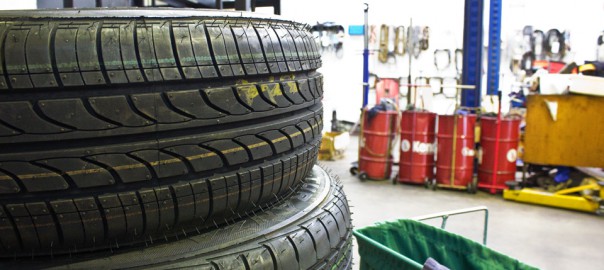
With the hot summer days we hope that you are all keeping cool. To help you take care of your car in this weather here are a few easy tips for you –
- Use a sunshade for your windshield to reduce fading, drying and cracking inside your vehicle. It will also keep the seats cooler for when you get in the car.
- Make sure your car’s air conditioning system is working. If it is not getting cold there is a chance there is a leak in the system.
- Park your car in the shade to keep it cool and to avoid damage from the sun.
- Ensure you have the right tyre pressure to avoid a blowout and improve fuel economy.
- Check your vehicle fluids such as coolant, windshield washer and motor oil fluids. This will help protect the battery life of your vehicle, which can be shortened by excessive heat and overcharging.
- Perform regular maintenance to ensure fuel economy and protect the durability of your engine in the long term. Especially in the summer, regular maintenance will keep your vehicle in good shape for when you decide to take a long road-trip.
For all your vehicle service and repair needs, call QuickStop. Not only are our mechanics passionate about providing the best care for your vehicle, they are helpful and reliable but with the vouchers that we are selling on ebay (for direct link click here) you can get 12 months free labour when you service your vehicle with QuickStop. This includes all minor, major and logbook servicing. You only pay for the lubricants and parts used during the service. This means a savings of up to $600! Do yourself a favour and order a voucher now.





